China's embrace of GM crops will have global implications
Despite China's efforts to make genetically modified organisms (GMO) technology a key plank of China's food security, China has yet to meaningfully translate its research efforts into successful commercialisation, say academics Shaleen Khanal and Zhang Hongzhou. If China manages to overcome the various obstacles to commercialising GM crops, the global landscape of GMO governance, production and exports will be greatly changed.
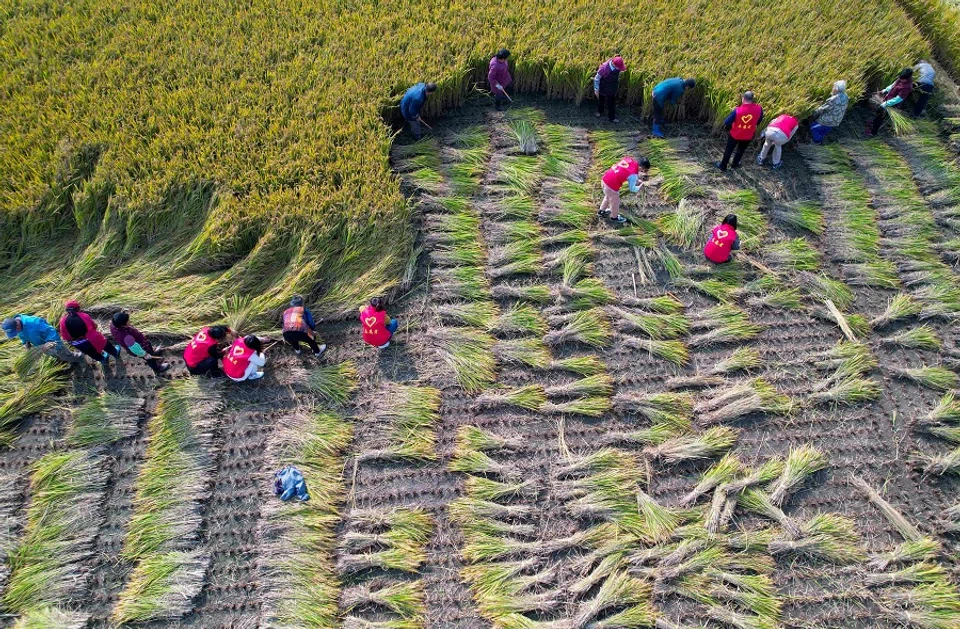
Food security has always been one of the most important policy issues in China's modern history. Food features prominently in Chinese culture, regional identity, customs, religion and medicine. Moreover, the country's history has been characterised by multiple episodes of famine and food deficit. As a result, policymakers in Beijing have regarded food security as a key policy priority.
Increasing demand amid supply uncertainties
Recent developments have further cast the spotlight on food security in China. First, owing to the increasing income and purchasing power of Chinese consumers, demand for food, particularly feed grain such as corn and soybean, has been rising in China.
China is already the largest importer of food in the world. Projections suggest that its food demand is expected to increase by up to 30% by 2050 and the country is likely to account for about a 30% increase in protein demand in the world.
Second, the continuation of the Russia-Ukraine war and rising uncertainties in the international food supply chain have led to rising concerns amongst Chinese policymakers about the stability of the current global food regime.
The continued and stable supply of food resources has been further threatened by the impact of climate change on agriculture and food production within and beyond China.
... the productivity of land in China is reaching its limits and the existing production structure is insufficient to feed China's large population.
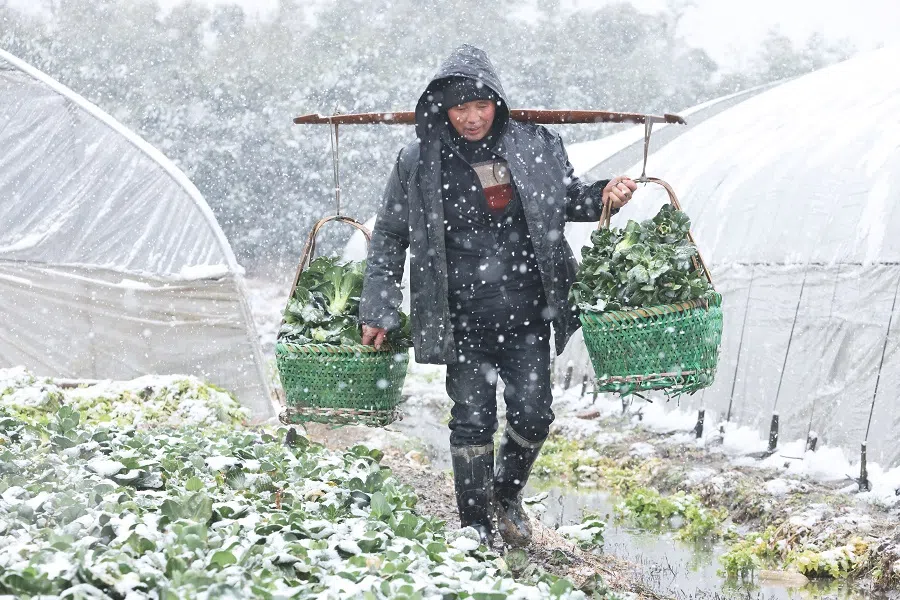
Third, geopolitical tensions amongst China's key food trade partners, primarily the US, have led to increasing calls to divert its reliance on such trade partners.
GMO technology to ensure food security
Amid these concerns, a focus on self-reliance and sufficiency has consistently been emphasised as a key priority for China. However, there are signs that the productivity of land in China is reaching its limits and the existing production structure is insufficient to feed China's large population.
Beijing has dealt with the issue with a variety of measures including strengthening and diversifying its import infrastructure, and making technological investments to improve productivity.
On top of that, investments in and use of agribiotech, particularly genetically modified organisms (GMO) technology, has also been a key part of China's approach to food security.
China was the first country to commercialise a GM crop, a virus-resistant tobacco, in the late 1990s. As early as 2007, then Premier Wen Jiabao stated that "to solve the food problem, we have to rely on big science and technology measures, rely on biotechnology, rely on GM technologies".
... GMO technology R&D receives as much as US$3 billion every year from the central government.
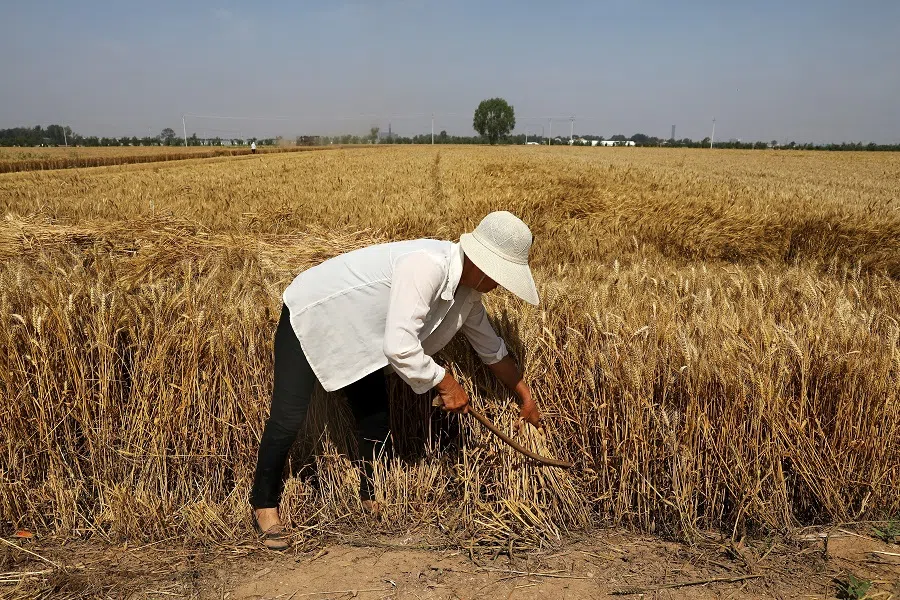
The biotechnology sector, including GM technology, was recognised as one of the seven strategic industries in 2010. The 13th and 14th Five-Year Plan for Science and Technology Innovation both emphasise R&D and commercialisation, and so does the Strategic Plan for Rural Revitalization (2018-2022).
The 2024 "No.1 document" (the first policy document of the year) also recommends promoting "the expansion and acceleration of the industrialisation of biological breeding".
Consequently, GMO technology R&D receives as much as US$3 billion every year from the central government. State-owned enterprise China National Chemical Corporation's acquisition of Syngenta - one of the largest GMO-based and agriculture R&D companies - for US$43 billion, also illustrates the priority that the government has given to GMO technology.
More recently, China has permitted 26 domestic companies to commercially produce and distribute corn and soybeans within China.
... China has not been able to meaningfully leverage its research capacity towards the commercialisation of GM crops.
Inability to leverage R&D and bad press on GM food
Despite these initiatives, however, China has not been able to meaningfully leverage its research capacity towards the commercialisation of GM crops.
First, the capacity of seed producers within China to substantially expand the acreage of GM plantations is limited. For instance, at present, around 70% of corn seeds used in all of China come from the US.

More importantly, though, GMOs have become a highly controversial issue and remain deeply unpopular in China. In 2009, the non-transparency associated with the approval of Bt rice or "transgenic rice that can reduce lepidopteran pest damage and the use of insecticides", made consumers sceptical about the safety of GM rice in China.
Subsequently, the Golden Rice scandal of 2012, where vitamin-A-fortified GM rice was tested on school children without consent led to a huge public backlash and further increased scepticism towards GM food among Chinese consumers.
Repeated instances of illegal plantation within China, particularly from American companies such as Monsanto, have further fuelled distrust towards the technology as an instrument of Western conspiracy.
... around 14% believed GM food was an instrument of bioterrorism targeted at China.
As a consequence, popular support for the consumption of GM food in China is extremely low. A survey in 2018 found that less than 12% of Chinese consumers viewed GM food positively (as opposed to more than 40% who viewed it negatively), and around 14% believed GM food was an instrument of bioterrorism targeted at China.
Some Chinese provinces have even leveraged this deep unpopularity of the technology to control (and in Heilongjiang's case to effectively ban) the plantation of GM crops.
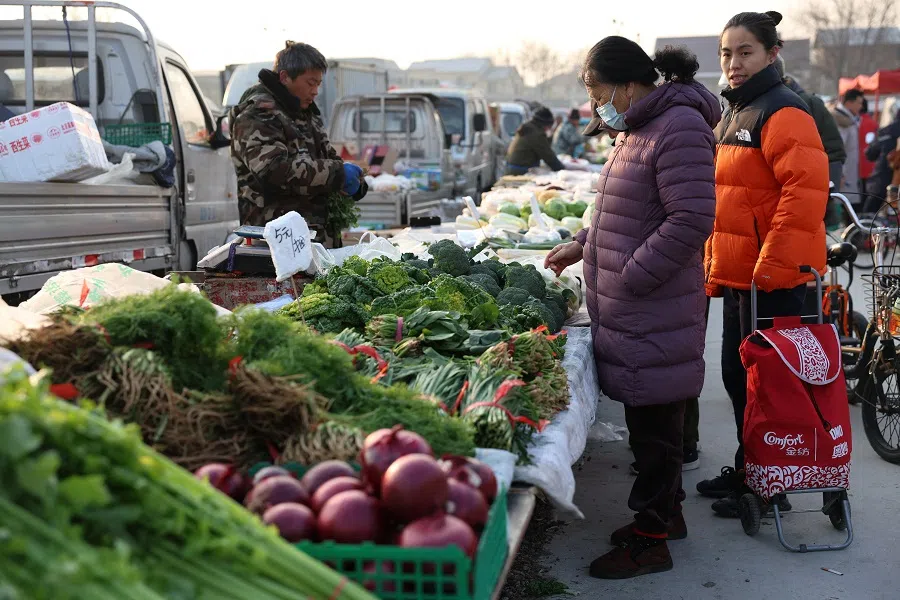
While the central government has taken multiple steps to improve the popularity of GM foods within China, their effectiveness has been rather limited. Therefore, the prospect of extensive commercialisation is limited by the demand in the Chinese consumer market.
What this means is that as the central government steps up efforts to promote the commercialisation of GM crops in the country, GMO controversies are likely to intensify. How to persuade Chinese consumers to eat GM food will be the daunting challenge faced by the Chinese authorities in its bid for greater food self-sufficiency through GM crops.
Non-GMO products in demand
Meanwhile, China's policies moving towards a growing embrace of GM crops are likely to have profound implications for regional agricultural development and global GMO.
On the one hand, given the growing diversity in China's consumption patterns, the country's expanding middle class, especially the wealthy consumers, are increasingly turning to "natural" or organically produced food. Due to domestic resistance and consumers' fear of GMOs, the demand for non-GM products has been on the rise.
Given the ongoing commercialisation of GM soybeans and GM corn in China based on the central government's efforts and the fact that the current global trade of corn and soybeans is largely dominated by GM crops, there will be rising demand for non-GM soybean and non-GM corn imports in China.
... non-GM soybeans and non-GM corn from Russia, Central Asia, and Ukraine, as well as non-GM edible oils (such as palm oil) from Southeast Asia, will become increasingly crucial for China's food supply.
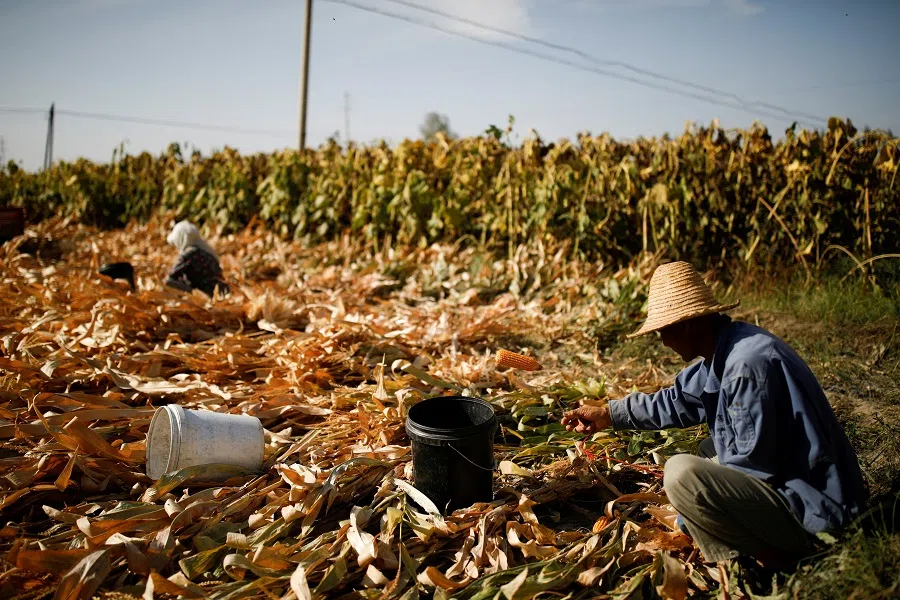
In this context, non-GM soybeans and non-GM corn from Russia, Central Asia, and Ukraine, as well as non-GM edible oils (such as palm oil) from Southeast Asia, will become increasingly crucial for China's food supply.
China's global influence
On the other hand, since the mid-1990s, a global political battle has emerged regarding the regulation of GMOs. This conflict over global GMO governance has primarily involved a transatlantic divide, with the US and Canada actively adopting and promoting agribiotech on the one hand, and European countries taking a rather conservative approach, precautionary approach on the other hand.
Amid this longstanding struggle over global GMO governance, China, a key player in the global adoption of GMOs, has mostly stayed out of the spotlight. Rising domestic opposition to GMOs has compelled the Chinese government to adopt a cautious and occasionally inconsistent approach toward GMOs in the past.
China's farming practices and GM seed adoptions will inevitably affect those of regional countries and beyond.
However, as the Chinese central government moves to accelerate the domestic commercialisation of GM crops, it will significantly alter the landscape of global GMO governance. Being the world's largest agricultural producer, a major food importer, a leading agricultural investor, and a key player in global agricultural technology cooperation, China's acceptance of GMOs will have far-reaching implications for other countries.
On one hand, more food-exporting countries will be willing to grow GM crops as China approves more GM varieties. On the other hand, with more Chinese domestic investment in agribiotech domestically and growing outward agricultural expansion through the Food Silk Road, China's farming practices and GM seed adoptions will inevitably affect those of regional countries and beyond.






